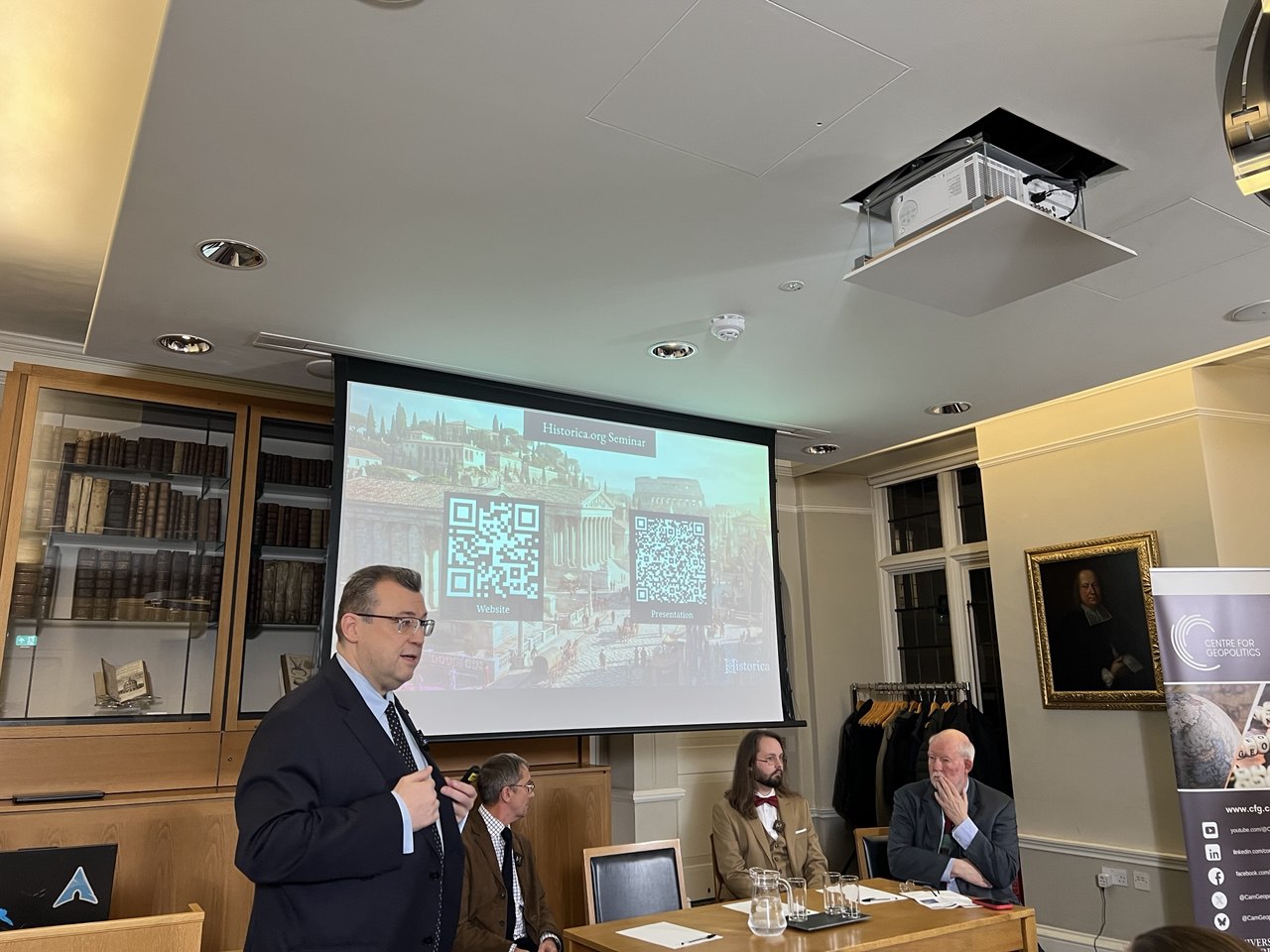Historica 2024 Highlights
Thank You for Being Part of Historica's Journey! As we look to 2024, we are grateful for the incredible support and enthusiasm that has fueled our growth.
Historica's Technological Results
During the initial half of the year, we conducted a study on using large language models (LLMs) to annotate historical data. Inspired by a model from the University of Barcelona, LLMs outperformed traditional natural language processing tools like spaCy and NLTK in accuracy and efficiency. We tested models including GPT-4o and GPT-3.5-turbo-instruct, which performed the best, while models like Llama-3 and Phi-3 showed potential but lacked consistency.
In July 2024, we introduced a new method, using an ETL pipeline to transform unstructured historical texts into structured data. By categorizing data into Topography (UT), Stratigraphy (US), and Actors (AC) and storing it in an Amazon Neptune graph database, this system enabled natural language querying of historical data. Future plans aim to expand the ontology and improve model accuracy.
In October 2024, we advanced AI-driven historical mapping, integrating LLMs with a geospatial database engine to visualize historical changes. An LLM-based ETL pipeline mapped historical events into a PostGIS database while combining LLMs with computer vision models to address challenges like LLM hallucinations and visual data limitations. A new web app is in development, allowing users to explore dynamic visualizations of shifting borders and historical insights.
Historica’s Achievements
In 2024, our community grew significantly, with over 5,000 regular readers following our blog and project updates, reflecting our growing influence and reach. We welcomed 22 new bloggers to our platform, enriching our content with diverse perspectives and experiences. Our user base skyrocketed to 27,000 users, an impressive five-fold increase over the previous year, demonstrating the vibrant community and broad interest in our initiatives.
Historica's Goals for 2025
Our goal for the coming year is to continue to cultivate a vibrant and inclusive community dedicated to advancing the understanding and application of AI in historical research and education. We aim to attract talented authors who can share cutting-edge ideas, practical applications, and fresh perspectives, as well as new readers.
The Historica blog continues to be a hub for knowledge exchange among the foremost practitioners in the field. We aim to create a hub where enthusiasts, scholars, and educators can explore the transformative potential of AI to unlock historical narratives and revolutionize teaching.
Thank you for being an essential part of Historica's story—we look forward to achieving even greater milestones with you in the coming year!




.webp)
